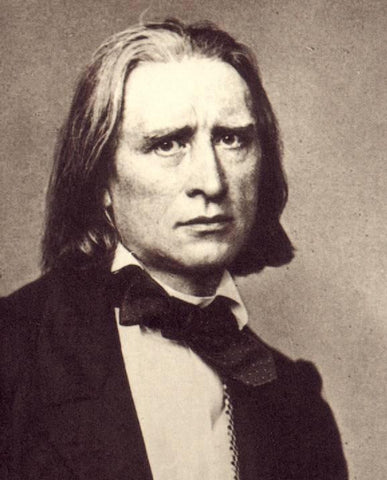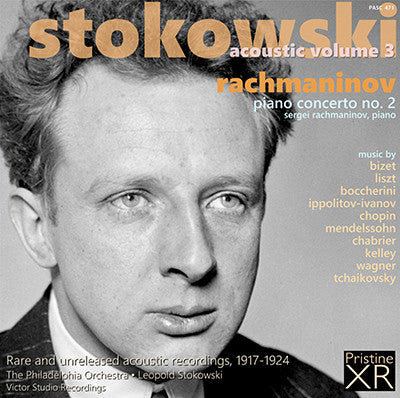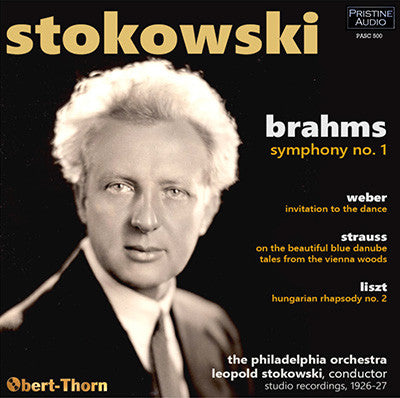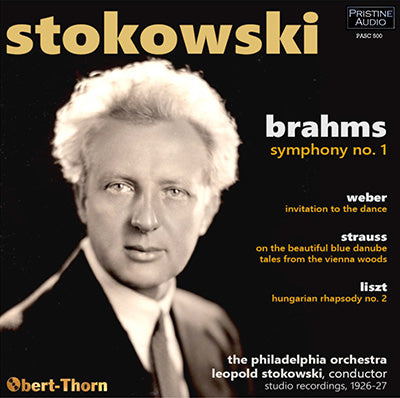Liszt

Liszt gained renown in Europe during the early nineteenth century for his prodigious virtuosic skill as a pianist. He was a friend, musical promoter and benefactor to many composers of his time, including Frédéric Chopin, Richard Wagner, Hector Berlioz, Robert Schumann, Camille Saint-Saëns, Edvard Grieg, Ole Bull, Joachim Raff, Mikhail Glinka, and Alexander Borodin.
As a composer, Liszt was one of the most prominent representatives of the New German School (Neudeutsche Schule). He left behind an extensive and diverse body of work in which he influenced his forward-looking contemporaries and anticipated many 20th-century ideas and trends. Some of his most notable musical contributions were the invention of the symphonic poem, developing the concept of thematic transformation as part of his experiments in musical form, and making radical departures in harmony.

Liszt
Liszt gained renown in Europe during the early nineteenth century for his prodigious virtuosic skill as a pianist. He was a friend, musical promoter and benefactor to many composers of his tim...
RACHMANINOV Piano Concerto No. 2
VARIOUS Symphonic movements and short pieces
Acoustic studio recordings, 1917-1924
Total duration: 79:41
Sergei Rachmaninov, piano
The Philadelphia Orchestra
BRAHMS Symphony No. 1
WEBER Invitation to the Dance
J STRAUSS II On The Beautiful Blue Danube
J STRAUSS II Tales from the Vienna Woods
LISZT Hungarian Rhapsody No. 2
Recorded 1926-27
Total duration: 70:01
The Philadelphia Orchestra
conducted by Leopold Stokowski
BRAHMS Symphony No. 1
BRAHMS Symphony No. 2
BRAHMS Symphony No. 3
BRAHMS Symphony No. 4
DVOŘÁK Symphony No. 9, “From the New World”
LISZT Hungarian Rhapsody No. 2
J STRAUSS II On The Beautiful Blue Danube
J STRAUSS II Tales from the Vienna Woods
WEBER Invitation to the Dance
Victor studio recordings, 1926-1933
The Philadelphia Orchestra
conducted by Leopold Stokowski
Save 5% when you buy the set
BERLIOZ Trojan March
BERLIOZ Symphonie fantastique
LISZT Les Préludes
LISZT Mephisto Waltz No. 1
Studio recordings, 1925-1940
Total duration: 77:23
London Symphony Orchestra
Orchestre de la Société des Concerts du Conservatoire
conducted by Felix Weingartner
- Previous
- Page 6 of 6
-
Next




